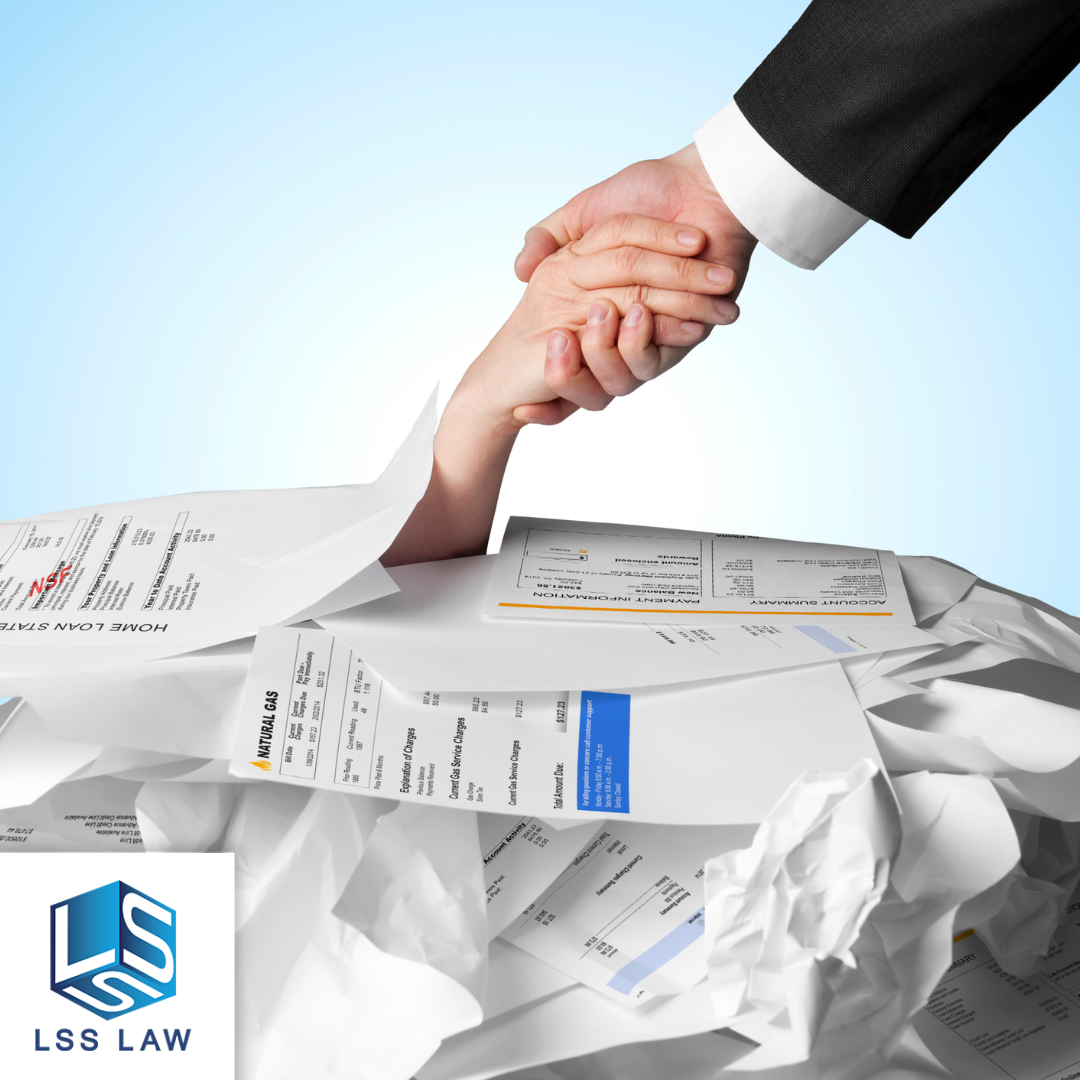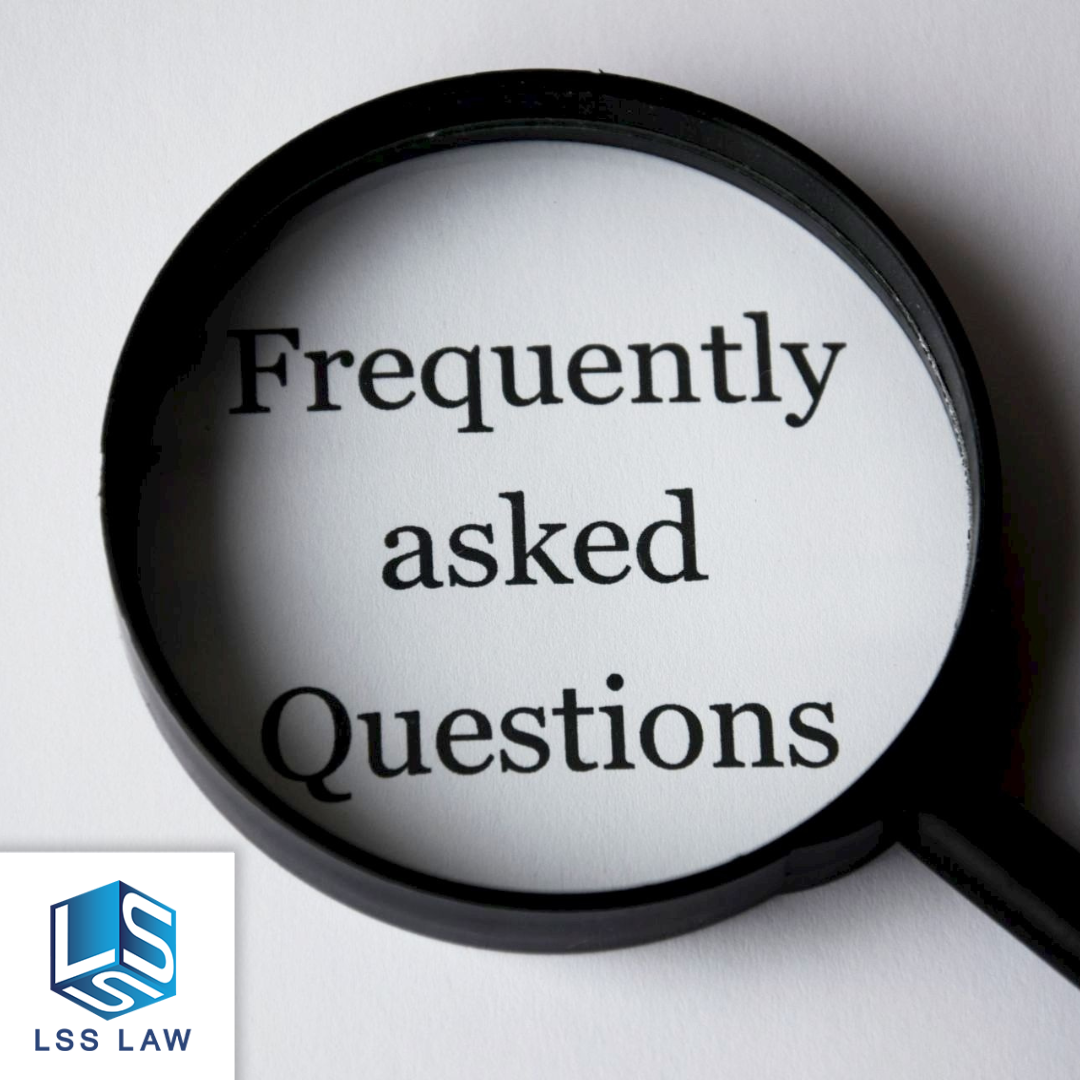Welcome to our blog post on “What Will Bankruptcy Do to My Credit? Better Than You Think!”. If you’re considering bankruptcy as a way to manage your debt, you may be wondering what effect it will have on your credit score. In this post, we’ll explore the impact of bankruptcy on credit scores and provide tips for rebuilding your credit after bankruptcy. We’ll also discuss what bankruptcy is, the benefits of filing for bankruptcy, and how an experienced bankruptcy attorney can help you through the process. Whether you’re just starting to consider bankruptcy or you’re further along in the process, we hope this post provides valuable information and helps you make an informed decision.
The Impact of Bankruptcy on Credit Scores
If you’re considering bankruptcy as a way to manage your debt, you may be wondering what effect it will have on your credit score. In this section of our blog post, we’ll delve into the impact of bankruptcy on credit scores and provide tips for rebuilding your credit after bankruptcy. We’ll explore how credit scores work, the short-term effect of bankruptcy on credit scores, and the steps you can take to rebuild your credit and achieve a good credit score once again. Whether you’re just starting to consider bankruptcy or you’re further along in the process, this information can help you understand the potential impact on your credit score and plan for the future.
Understanding Credit Scores and How They Work
Bankruptcy can be a difficult and emotional process, and one of the major concerns people have when considering it is how it will negatively impact their credit score. To better understand this, it’s helpful to first understand how credit scores work.
Your credit score is based on the information in your credit report, which is a record of your credit history. This report is compiled by the three credit bureaus (Experian, Equifax, and TransUnion) and includes details about your debts, credit accounts, and payment history. Credit scores are used by lenders, landlords, and others to evaluate your creditworthiness and predict the likelihood that you will repay debts.
There are several different credit scoring models, but the most widely used is the FICO score. This score ranges from 300 to 850, with higher scores indicating a lower risk of default. A good credit score is generally considered to be 700 or above. You can get a free credit report from each of the three credit bureaus once a year at AnnualCreditReport.com. By regularly checking your credit report, you can identify any errors or discrepancies and take steps to correct them.
The Short-Term Effect of Bankruptcy on Credit Scores
The duration that bankruptcy stays on your credit report depends and can vary based on the type of bankruptcy you filed. Although the impact of bankruptcy on your credit score is influenced by several factors such as your current credit score, the type of bankruptcy you file, and other information on your credit reports, it’s crucial to remember that the effects are only temporary. Most people see their credit scores improve after filing for bankruptcy. While bankruptcy may result in a short-term reduction of your credit score, the negative impact will eventually fade away. In cases where you have a low credit score before filing, the effects may not be as drastic.
Rebuilding Credit After Bankruptcy
While bankruptcy will have a negative impact on your credit score, it’s important to remember that it’s not the end of the road. With time and effort, you can rebuild your credit and eventually achieve a good credit score once again. And it doesn’t really take that long.
One way to do this is by obtaining a secured credit card or a credit-builder loan. These types of credit products require a deposit upfront, which serves as collateral in case you don’t make your monthly payments. By using these products responsibly and making timely payments, you can demonstrate to lenders that you are creditworthy and can eventually qualify for more traditional credit products.
Another important step in rebuilding your credit is to make sure that your credit report is accurate and up to date. If you find any errors on your credit report, you can dispute them with the credit bureau.
Tips for Improving Credit Scores After Bankruptcy
Here are a few additional tips to help you improve your credit score after bankruptcy:
-
- Pay all of your bills on time: Late payments can have a major negative impact on your credit score. By making all of your payments on time, you’ll demonstrate to lenders that you are a reliable borrower. Good personal finance habits can really help you rebuild your credit effectively.
-
- Keep your credit utilization low: Credit utilization refers to the amount of credit you are using compared to the amount of credit you have available. It’s generally recommended to keep your credit utilization below 30%. This will also help you avoid reaching and surpassing credit limits.
-
- Don’t open too many new credit accounts at once: Avoid the temptation to immediately access credit after you file. Applying for too much new credit in a short period of time can be seen as a red flag to lenders. Instead, focus on using the credit you already have responsibly.
-
- Check your credit report regularly: It’s a good idea to check your credit report at least once a year to make sure everything is accurate. You can get a free copy of your credit report once a year from each of the three major credit bureaus (Experian, Equifax, and TransUnion) at AnnualCreditReport.com. By regularly checking your credit report, you can identify any errors or discrepancies and take steps to correct them.
-
- Apply for a secured credit card: A secured credit card is different from a traditional credit card because you are limited to how much you spend by only spending a set amount that you’ve deposited.
Overall, while bankruptcy will have a negative impact on your credit score, it’s important to remember that it’s not the end of the world. With time and effort, you can rebuild your credit and achieve a good credit score once again.
What is Bankruptcy?

Welcome to the section of our blog post on “What is Bankruptcy?”. If you’re considering bankruptcy as a way to manage your debt, it’s important to understand what it is and how it works. In this section, we’ll discuss the benefits of bankruptcy for those struggling with debt, the types of debts that are eligible for bankruptcy, and the legal process of filing for bankruptcy. Whether you’re just starting to consider bankruptcy or you’re further along in the process, we hope this information helps you understand the options available to you and make an informed decision.
The Benefits of Filing for Bankruptcy

Filing for bankruptcy can provide a number of benefits for those struggling with debt, including relief from creditor harassment, debt discharge, and the opportunity to rebuild your credit. Here are a few specific ways in which bankruptcy can help you manage your debt:
How Bankruptcy Can Help You Manage Your Debt
One of the main benefits of bankruptcy is that it can provide relief from creditor harassment. When you’re struggling with debt, creditors may be constantly calling or sending letters trying to collect payment. Filing for bankruptcy can put a stop to these collection efforts, allowing you to focus on rebuilding your finances without the added pressure of constantly dealing with creditor harassment.
How Filing for Bankruptcy Can Improve Your Credit Score
While bankruptcy will have a negative impact on your credit score in the short term, it can also provide an opportunity to rebuild your credit over time. By making timely payments and using credit responsibly after bankruptcy, you can demonstrate to lenders that you are a reliable borrower and improve your credit score.
How Bankruptcy Can Help You Get Out of Debt Faster
Bankruptcy can help you get out of debt faster by discharging certain types of debts (like unsecured debt), such as personal loans, and providing relief from creditor harassment. This can allow you to focus on rebuilding your finances and paying off your remaining debts without the added pressure of constantly dealing with creditor collection efforts.
How LSS Law Bankruptcy Attorneys Can Help You

If you’re considering bankruptcy, working with an experienced bankruptcy attorney can be extremely beneficial. LSS Law is a team of experienced bankruptcy attorneys located in South Florida who can help you navigate the bankruptcy process and find relief from overwhelming debt.
LSS Law Bankruptcy Attorneys in South Florida
If you’re considering bankruptcy in South Florida, LSS Law Bankruptcy Attorneys can provide the expertise and guidance you need. With years of experience helping individuals and businesses navigate the bankruptcy process, they are well-equipped to help you find relief from overwhelming debt and protect your assets. Located in South Florida, LSS Law Bankruptcy Attorneys are conveniently located to serve clients in the area.
How LSS Law Bankruptcy Attorneys Can Help you Protect Your Assets
LSS Law Bankruptcy Attorneys can help you protect your assets by advising you on the best type of bankruptcy to file and helping you take advantage of bankruptcy exemptions to protect your home, car, and other essential property. They can also help you negotiate with creditors and work to discharge as much of your debt as possible, which can help you keep more of your assets.
The Advantages of Working with an Experienced Bankruptcy Attorney
There are many advantages to working with an experienced bankruptcy attorney like those at LSS Law. They are knowledgeable about the bankruptcy process and can help you navigate the complex legal system. They can also advise you on the best course of action for your specific situation and help you find the most favorable resolution to your debt problems. Overall, working with an experienced bankruptcy attorney can help you protect your assets and find relief from overwhelming debt.
Schedule A No-Cost Bankruptcy Strategy Session With LSS Law

If you’re struggling with debt and considering bankruptcy, it’s important to get the guidance and advice of an experienced bankruptcy attorney. LSS Law Bankruptcy Attorneys in South Florida can help you understand your options and develop a plan to get out of debt and protect your assets.
To schedule a no-cost bankruptcy strategy session with LSS Law, simply call 954-466-0541 or visit their contact page at https://lss.law/contact-us/. During this session, you’ll have the opportunity to discuss your specific situation with an experienced bankruptcy attorney and get the information and guidance you need to make an informed decision about your financial future. Don’t wait any longer to get the relief you deserve – contact LSS Law consumer bankruptcy attorneys today so they can take a detailed look at your financial situation and give you their best recommendation for how to move forward.
Bankruptcy in South Florida | Your Questions Answered

How long does a bankruptcy stay on your credit report?
How long bankruptcy stays on your credit report will depend on which type you filed. Chapter 7 bankruptcy stays on your credit report for 10 years from the filing date, while Chapter 13 bankruptcy stays on your credit report for up to seven years from the filing date. After you’ve got the bankruptcy removed, you will no longer see it on your credit report.
What is the average credit score drop after filing for bankruptcy?
Filing for bankruptcy can have a negative impact on your credit score, although the exact impact will depend on several factors such as your current credit score and the type of bankruptcy you file. In general, bankruptcy can cause your credit score to drop by 200 or more points. However, if you have a low credit score, to begin with, the impact may not be as severe. Additionally, if you have a lot of delinquent debts and a high amount of debt relative to your income, your credit score may already be low, and bankruptcy may not cause a significant further decline.
Can you file for bankruptcy more than once?
It is possible to file for bankruptcy more than once, but there are certain restrictions and limitations that apply. For example, you can’t file for Chapter 7 bankruptcy again unless you have waited 8 years from the date of your previous Chapter 7 discharge. If you have already received a discharge in a Chapter 13 bankruptcy, you must wait 6 years from the date of that discharge to file for Chapter 7 bankruptcy. It’s important to consult with an experienced bankruptcy attorney before making any decisions about filing for bankruptcy again. They can help you understand your options and determine the best course of action for your specific situation.






